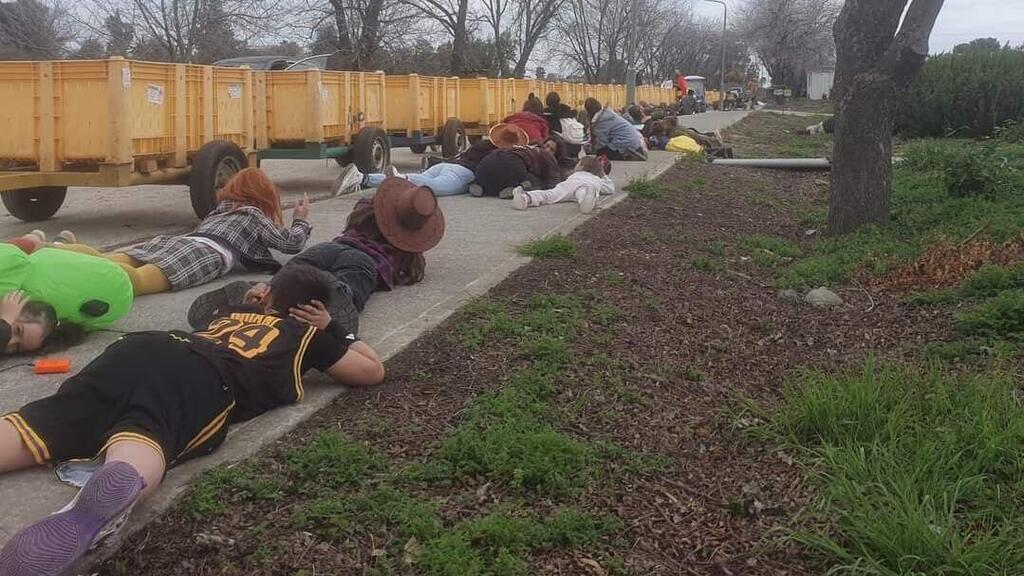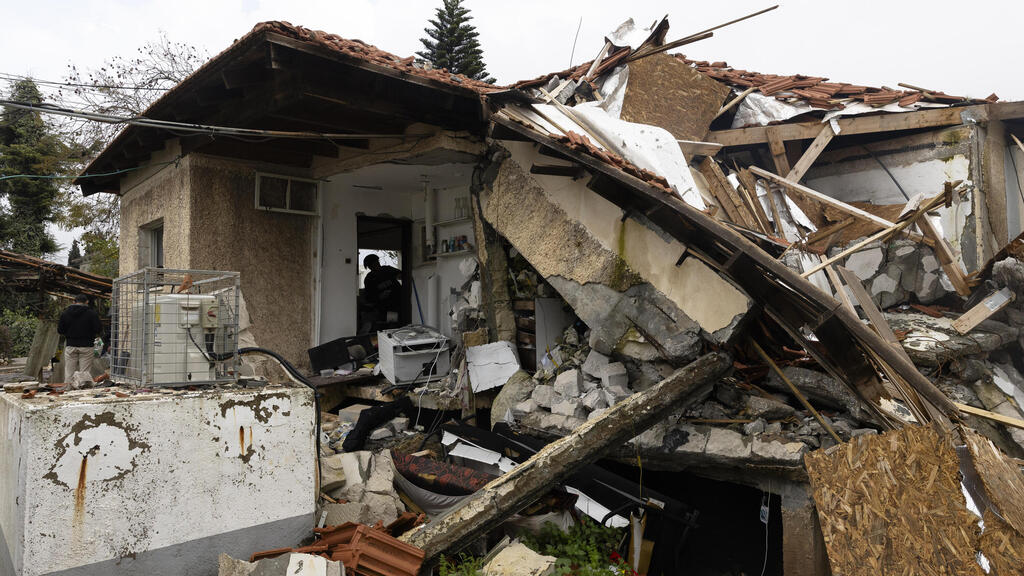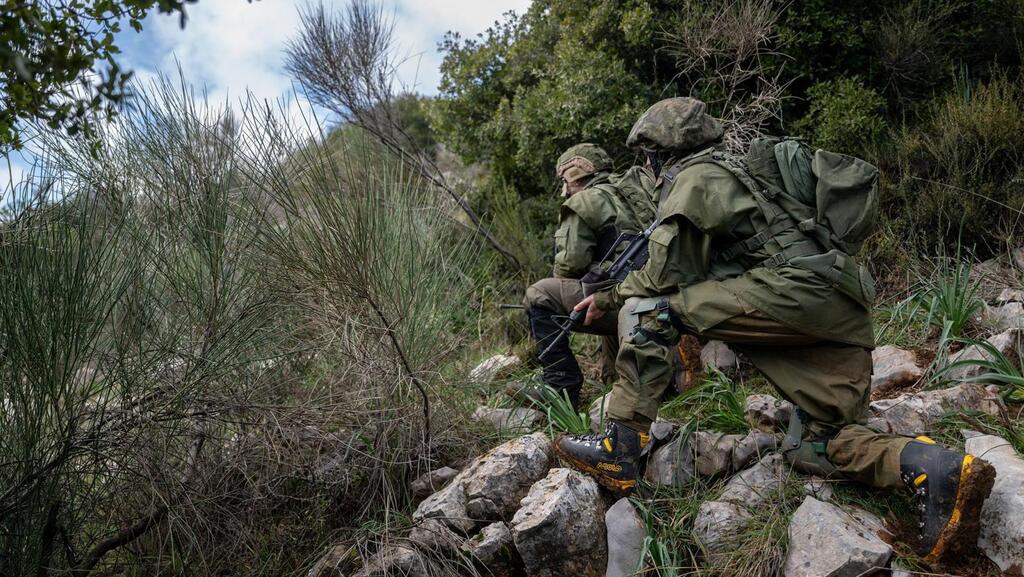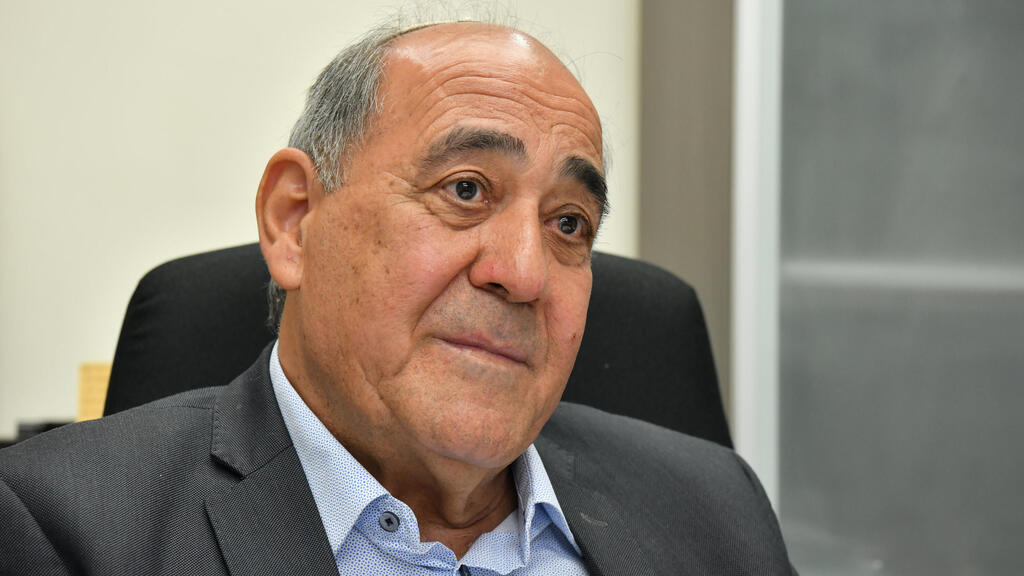Getting your Trinity Audio player ready...
Purim in northern Israel has been sad rather than joyous this year. The few remaining Israelis in the Galilee area stayed close to safe rooms, and holiday attractions remained closed, as was the case in the last six months. "A year ago, we celebrated a festive Purim event with thousands of visitors, and unfortunately this year the site remained deserted," said Rafael Naveh, CEO of the Hermon sky slopes.
"No one visits the site other than IDF soldiers stationed here. Instead of Purim songs and children's laughter, we hear distant explosions and the roar of fighter jets flying overhead. It's a very complex reality, full of uncertainty, and a very heavy feeling that the north is being forgotten and abandoned. There’s no security and no livelihood. It's a very sad Purim here."
Under normal circumstances, the Kayak rentals business at Kfar Blum would now be hard at work preparing for the summer season. But now, the site is completely deserted.
Hundreds of workers who were supposed to open the season are at home, some evacuated and would not be returning to work. "In terms of precipitation, this winter we've had over 560 mm of rain, and an amazing rafting season was expected, with waterways at their peak flow and the entire Israeli north turning green and beautiful,” says CEO Guy Yarmak.
“Our reality here is accompanied by absolute uncertainty. Only yesterday, two drones fell in the area. The security situation doesn’t allow for optimism for northern tourism. As it stands, the summer in the Galilee will also be sad and tense,” he said.
"The government must stop treating the north as some side project," Giora Zaltz, head of the Upper Galilee Regional Council said on Monday. He expressed his anger at the current reality where northern Israel is deep in a war while the rest of the country celebrates Purim, "while tens of thousands of residents here do not receive basic services."
He said sirens warned of incoming drones on Monday, only after they crashed nearby. "This was followed by the IDF's response in Baalbek, and at night 50 rockets were fired toward the Hula Valley and the Golan Heights. We continue our lives as if everything’s normal. We can’t go on like this," he said.
“The government must change the equation in the north and create a different and new reality that will allow us to return home with a high level of security. We’ll be in the midst of a crisis if what needs to be done for us to open the next school year in the north, isn’t carried through.”
'Feels like we've been abandoned'
"Today is the 170th day that we find ourselves living in what feels like an Israeli enclave within a war zone. There’s no Purim or festive atmosphere here," saidYoram Even-Zur, a resident of Kibbutz Kfar Blum and a member of the Upper Galilee Regional Council.
"You don't understand what we're going through. Early in the morning on Monday, we ran to safe rooms while covering our heads. It sounded like the missiles were falling in our backyard. Dozens of rockets fell in open areas in the region."
Even-Zur's friend, Shai Engel, saw the Hezbollah’s drone strikes near the Kibbutz. "Shai took his son back from a birthday party and noticed a group of IDF soldiers standing next to a downed Hezbollah drone on the road. Then another drone flew down toward them. We're being hit time and time again. It feels like we’ve been abandoned," Even-Zur said.
4 View gallery


Children in northern Israel taking cover amid rocket sirens on Purim
(Photo: Seraiah Friedman)
He said that after October 7, over 60,000 residents were evacuated by the government and according to IDF recommendations, and now the communities that weren’t evacuated and are close to the border, demand a government plan that will address their concerns as well.
"People were evacuated because of fear of terrorist infiltrations, but the missile threat remains. The government hasn’t adapted to dealing with its citizens living under threat. This area is shut down and doesn’t function in any aspect. Our regional capital, Kiryat Shemona, is deserted," he said.
"School here lasts for three hours a day in safe rooms, young children study in safe rooms, and although we pay property tax we are not entitled to subsidized safe rooms. We’re exposed to drone and missile threats on a daily basis from dusk until dawn," he said. "We expect a national plan that will support us."
Government approves building of safe rooms
While the Upper Galilee awaits a miracle, or at the very least a government decision that will ensure the safety in communities where over half the residents live without safe rooms in their homes and are still not entitled to receive state funding to build one, residents of the Western Galilee town of Shlomi received news they’d been waiting for, for years.
"It's a great privilege to inform you on Purim, that a final agreement with the Defense Ministry was reached, to build 1,000 safe rooms for residents who don’t currently have them," said Shlomi Mayor Gabi Naaman. "The plan is underway. It's happening. It's about time," he added.
He said that in a meeting held with Defense Ministry officials over the weekend, a decision was made to facilitate the construction of safe rooms in every home in the city.
According to Naaman, the IDF’s Home Front Command teams will handle all the bureaucracy involved in obtaining building permits, in an expedited process, and residents will only have to sign a request form.
The government will bear the full cost of construction, amounting to 160,000 shekels per home. "I hope that Hezbollah will be removed away from the border soon, and we, the residents of Shlomi, would be able to return."






